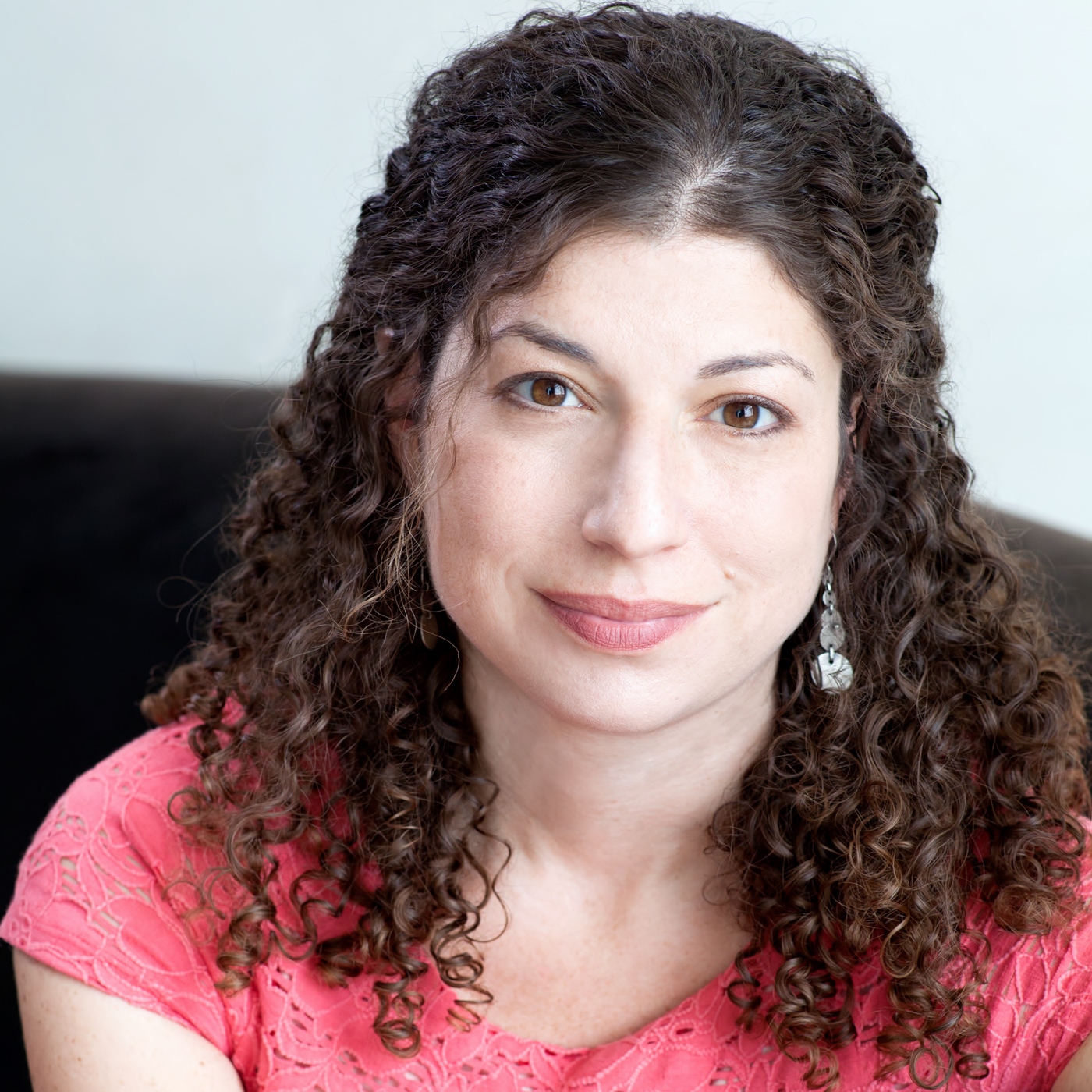Something New Inside
In divorce, Tova Mirvis discovers an unexpected sense of promise
Novelist Tova Mirvis grew up in an Orthodox Jewish family in Memphis. As expected, she became engaged at twenty-two to an Orthodox Jewish man she met on a blind date. As expected, she followed the laws and expectations of her community, even as she wondered, “Is this all true?”
 To follow the rules was to be safe, protected: “I learned to swallow dissent,” Mirvis writes in a new essay for The New York Times. “Amid the vast number of religious rules, there were other ones, enforced not by God but by the community. To observe the rules was to be good, and to be good was to be loved. It was what let you stay inside a community, surrounded by family so that, if the world’s spinning were halted for one moment, and a finger placed on one small spot, you could say: I belong here.”
To follow the rules was to be safe, protected: “I learned to swallow dissent,” Mirvis writes in a new essay for The New York Times. “Amid the vast number of religious rules, there were other ones, enforced not by God but by the community. To observe the rules was to be good, and to be good was to be loved. It was what let you stay inside a community, surrounded by family so that, if the world’s spinning were halted for one moment, and a finger placed on one small spot, you could say: I belong here.”
The essay, which is framed by the story of Mirvis’s divorce after three children and nearly seventeen years of marriage, addresses more than the question of what it means to leave a marriage and a religious community. As large as those issues are, Mirvis is after something even bigger: the question of how to fashion a self out of what is left when all one’s moorings have collapsed: “I was leaving a world in which so much is predetermined, leaving a marriage that I entered into when I was newly an adult. I was like an astronaut severed from his ship, floating in space. And yet, after years of wrestling, doubting, justifying and chafing, I was ready to discover for myself a life in which I could fully believe.”
Read the full essay here. Look for Mirvis’s third novel, Visible City, next month.
For more updates on Tennessee authors, please visit Chapter 16’s News & Notes page, here.
